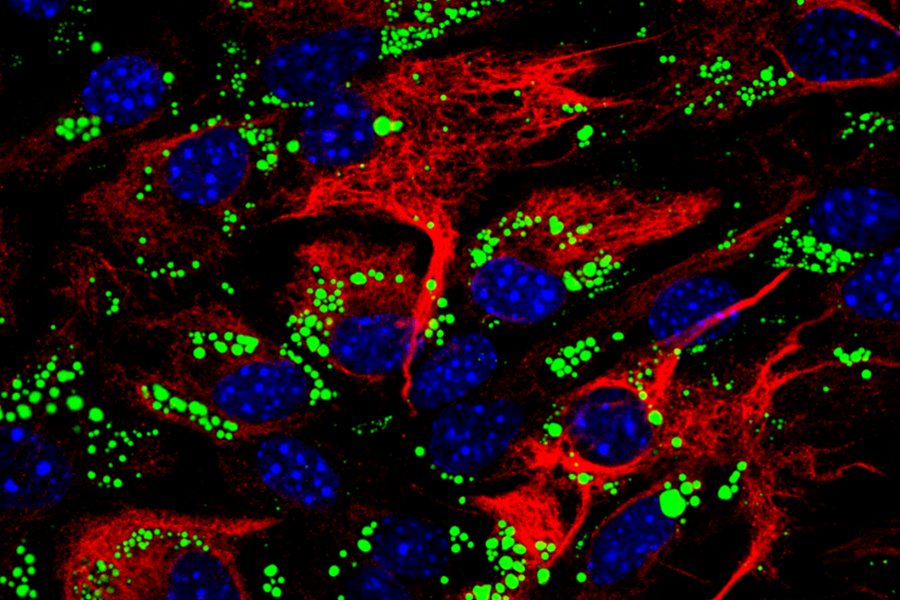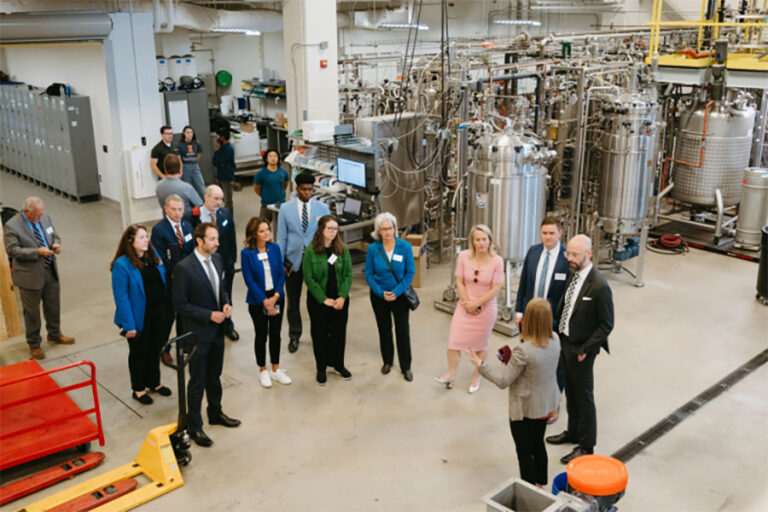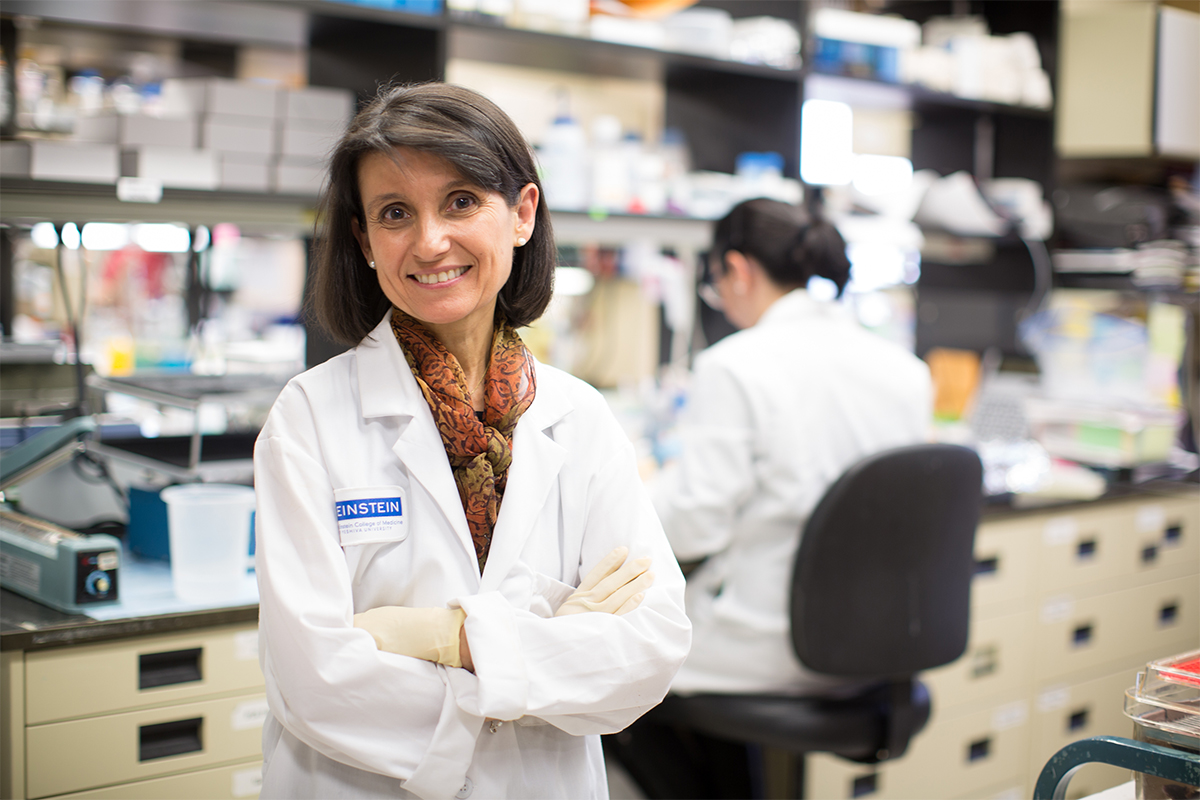
Aging has long been considered inevitable. But what if we could slow it down or even reverse some of its effects? What if our golden years could be defined not by decline but by vitality? This isn’t just a futuristic fantasy—it’s the reality that Hevolution is helping to shape. A Riyadh-based global non-profit organization dedicated to advancing healthspan science, Hevolution supports cutting-edge research to extend healthspan and improve quality of life. By investing in autophagy research, AI-driven health interventions, and global data analysis, Hevolution is redefining what it means to grow older.
Autophagy, a fundamental process within our cells, plays a key role in healthy longevity. This built-in cellular recycling system identifies and removes damaged components, preventing them from clogging up our systems and leading to disease. “It’s not just about clearing waste; it’s about recycling to keep cells functional and efficient,” explains Dr. Ana Maria Cuervo, a world-renowned expert in autophagy and aging. But as we age, this process slows, allowing toxic proteins and malfunctioning cellular structures to accumulate. The result? Conditions like Alzheimer’s, cardiovascular disease, cancer, and metabolic disorders.
As a distinguished professor at the Albert Einstein College of Medicine and co-director of the Institute for Aging Research, the charismatic and deeply passionate Dr. Cuervo has spent decades studying how cellular cleaning mechanisms impact longevity and ultimately healthspan. Her work has shaped the way we understand aging at a cellular and molecular level, and her contributions at the recent Healthspan Summit were instrumental in advancing real-world applications for this research.
“We are entering a new era. Aging doesn’t have to be something that just happens to us. With science, strategy, and global collaboration, we can redefine what it means to grow old.”
Dr. Ana Maria Cuervo
The second edition of the Global Healthspan Summit, hosted by Hevolution Foundation under the theme Architecting The Future, brought together key stakeholders in the global healthspan space. It was designed to drive impact by catalyzing research, entrepreneurship, investment, and international collaboration in healthspan science. Hevolution’s mission is to extend healthy lifespan for all of humanity, and the summit continues to be a major step toward that goal.
For years, the challenge was understanding how to keep autophagy active as we grow older. Now, with Hevolution’s support, scientists are developing interventions that could restore this essential function, extending healthspan—our years of healthy, active living. But getting from lab discovery to real-world application is no small task. “As a scientist, I can prove a concept in experimental models,” explains Dr. Cuervo, “but translating these findings into clinical applications requires an entirely different expertise and infrastructure beyond the scope of scientific research.”
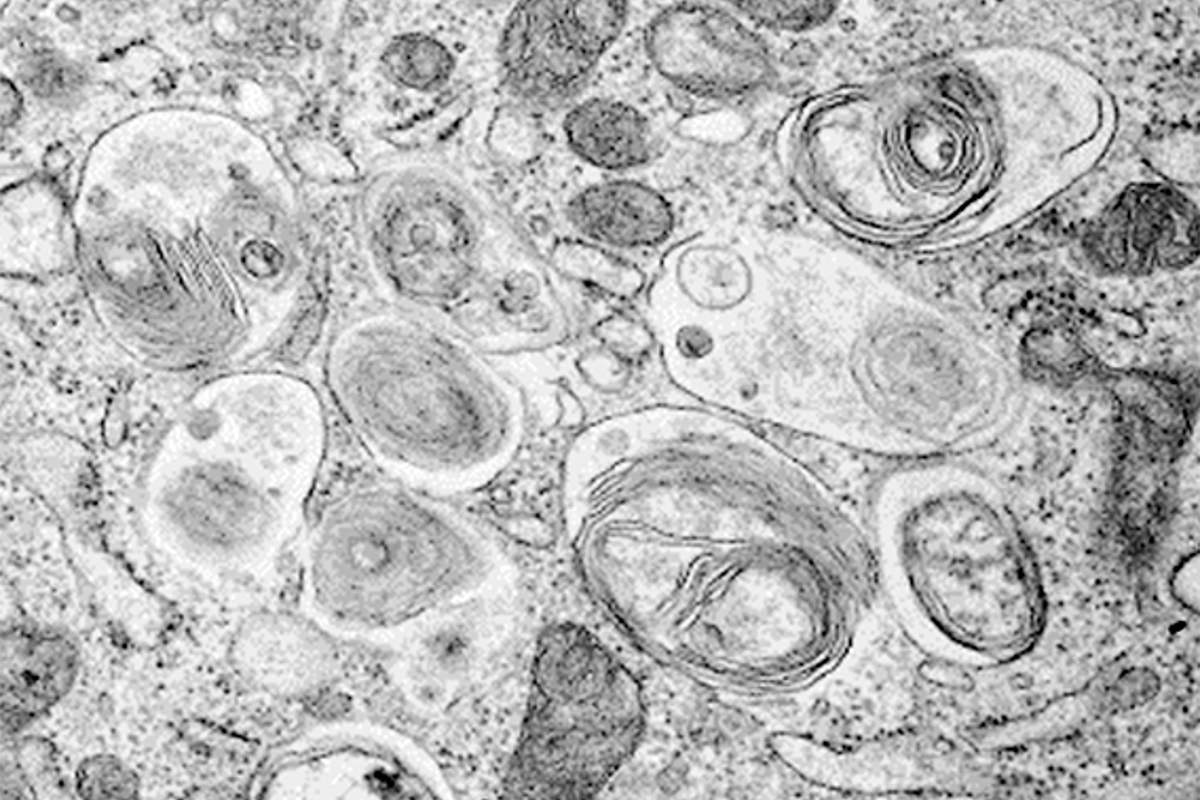
This is where Hevolution plays a crucial role, bridging the gap between research and real-world solutions. By facilitating collaborations between academia, clinicians, biotech firms, and the pharmaceutical industry, it is accelerating the development of small molecules designed to enhance autophagy. Initial studies in animal models have shown remarkable promise, but the goal is far bigger: translating these findings into therapies that could help humans maintain cellular function well into old age.
AI and global data are revolutionizing this effort. With access to vast health datasets, researchers can identify patterns, predict disease risk, and personalize longevity interventions. “AI helps us recognize connections and patterns that the human brain might overlook,” Dr. Cuervo notes. “By analyzing biomarkers across populations, we can develop targeted treatments for aging.” This approach allows for precision medicine—tailoring treatments to individuals based on their genetic and environmental factors rather than relying on a one-size-fits-all model.
But as with any scientific breakthrough, ethical concerns arise. Could healthspan interventions become an exclusive privilege of the wealthy? Could AI-driven health solutions inadvertently widen health disparities? Hevolution is determined to ensure that healthspan innovations benefit all of humanity, not just those with access to elite healthcare systems. By funding global research initiatives and advocating for accessible interventions, it is actively working to make healthspan a universal reality.
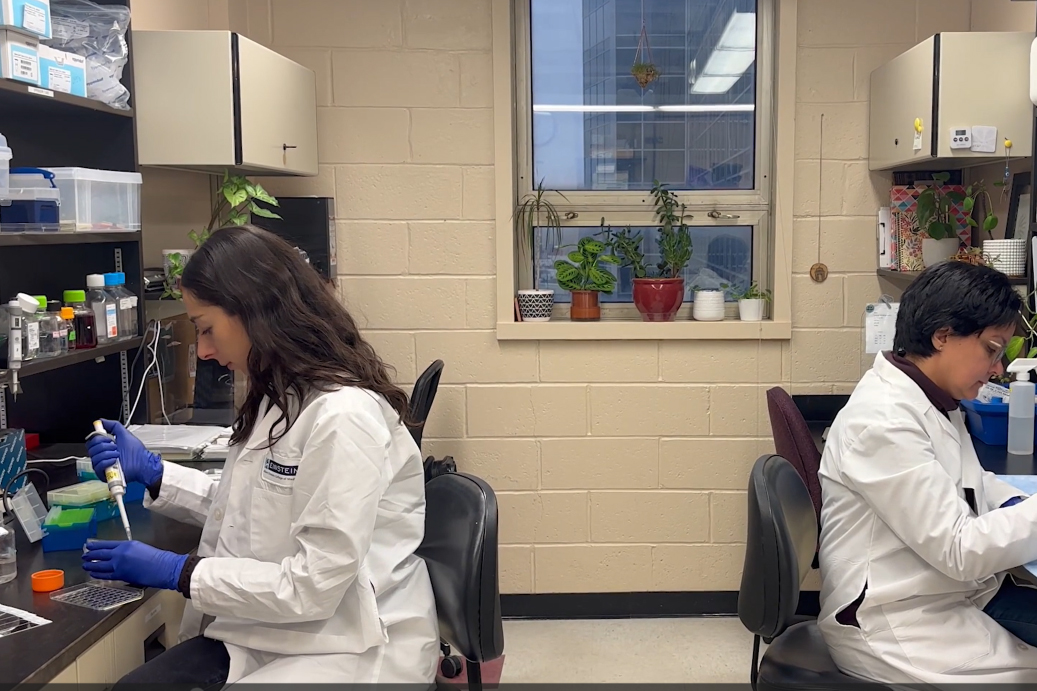
One of the most exciting revelations in autophagy research is that some interventions don’t require cutting-edge pharmaceuticals. Lifestyle factors like meal timing, exercise, and quality sleep play a direct role in keeping cellular recycling mechanisms active. “Something as simple as avoiding late-night snacking can support autophagy,” Dr. Cuervo explains. “We need to combine scientific innovation with practical, everyday strategies that empower people to take control of their own aging.”
The Global Healthspan Summit provided a rare opportunity to bring together scientists and researchers, clinicians, biotech, big pharma, investors, policymakers, and industry leaders to drive this conversation forward. Dr. Cuervo recalls how the event facilitated groundbreaking discussions that could shape the future of aging science. “You get these incredible moments where a conversation sparks a new collaboration, where an idea that seemed years away suddenly becomes feasible because the right people are in the room,” she says.
And that is what makes this moment in history so significant. For the first time, aging is being treated not as an inevitable decline but as a process we can manage—perhaps even control. The question is no longer if we can change how we age, but how soon we can make these discoveries available to everyone.
Because ultimately, longevity science isn’t just about living longer—it’s about living healthier for longer. It’s about making sure that people can maintain independence, function, and well-being for as long as possible. “If you live to be 100 but are bedbound for the last 20 years, what’s the point?” Dr. Cuervo asks. “But if you live to be 100 and are still exercising, traveling, and enjoying life—then we’ve truly achieved something remarkable.”





